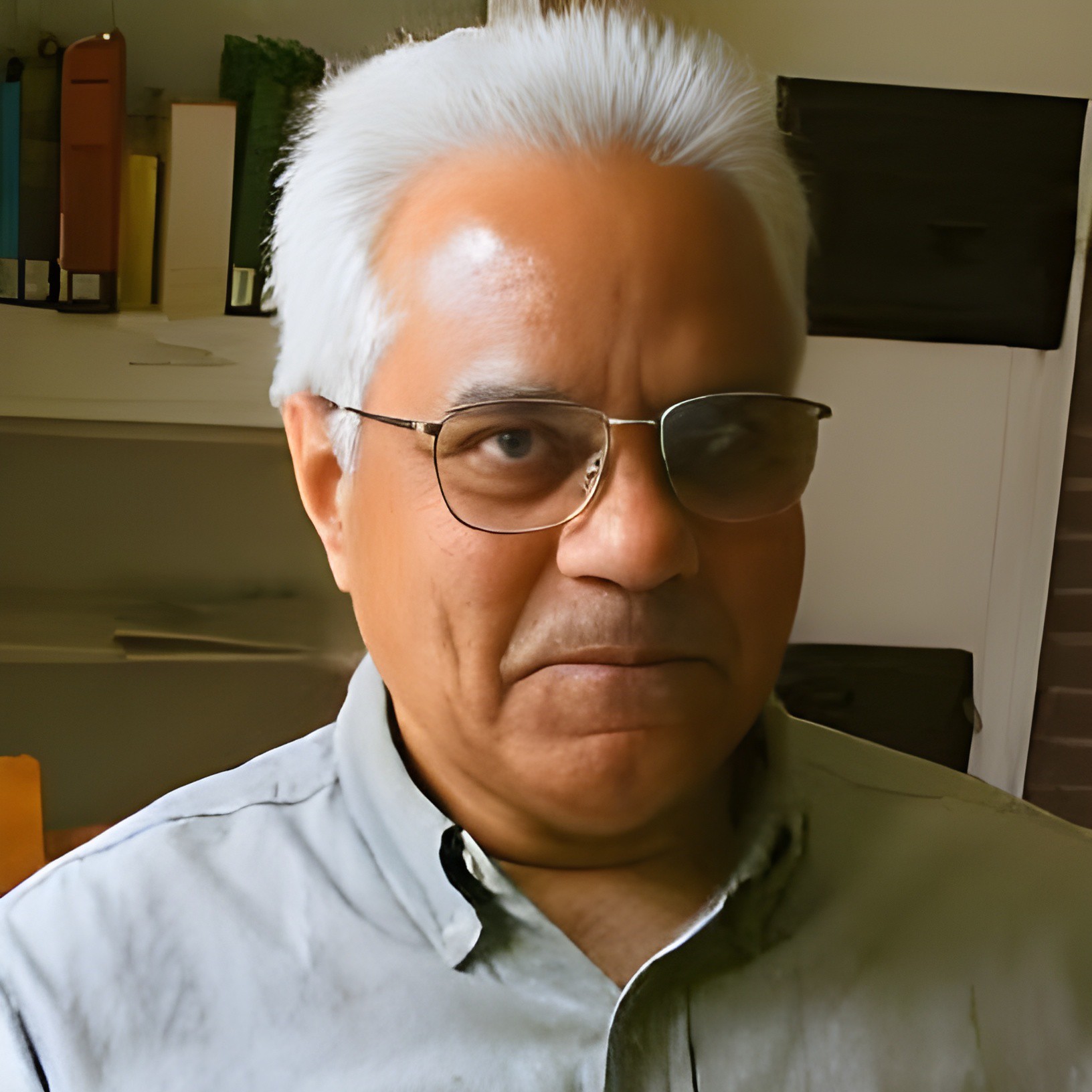
BCBS hosted the Awakening Together: An Insight Dialogue BIPOC Retreat, led by Tuere Sala and Peace Twesigye, in August 2023. Two yogis, Subha Srinivasan and Raymond Chin, from the Valley Insight Meditation Society wrote reflections on their experiences for their Sangha and generously offered to share their thoughts with us.
Awakening Together Reflections
by Subha Srinivasan
I attended a five-day Insight Dialogue BIPOC retreat at Barre Center for Buddhist Studies (BCBS) this past August. This retreat was called “Awakening Together,” and my teachers were Tuere Sala and Peace Twesigye. Coming at the end of summer, this retreat presented an ideal opportunity for me both to integrate my experiences from traveling in India over the summer and to prepare for my upcoming school year as a math teacher in a public high school. I felt rested and recovered from the jet lag and ready to open to whatever experiences the retreat might bring. At the same time, I was nervous about my first experience at a BIPOC retreat. I had been in BIPOC spaces before but a five-day retreat was a different matter. Was I, an Indian immigrant who had lived most of my adult life in a predominantly white community in the Upper Valley, BIPOC enough? Fortunately, the week before the retreat, I learned that a fellow BIPOC Dharma friend from Valley Insight was also going to the retreat so we decided to ride together. It was a beautiful opportunity to connect and prepare to enter a shared experience of the retreat with friendship.
In the past, every time I have been on a retreat, at some point after settling into the silence, there would emerge a situation where self-judgment would come up strongly and leave me raw and emotionally vulnerable. This happened usually around the middle or end of retreat, and the story that came up was fundamentally one of unworthiness: I was messing up in some way that caused unintentional harm to others and filled me with self-doubt. Was I worthy of awakening and freedom? This may be familiar to some of you.
Using the wisdom of experiencing and opening to my own suffering gleaned from past experiences at retreats, I set an intention for myself: to give myself a break from self-recrimination for these five days. Just five days. It felt manageable.
From the moment I arrived at BCBS, I felt warmly welcomed by the caring staff. The retreat manager was also a person of color and clearly articulated the intention of BCBS to create an inclusive environment. The participants––the largest number of black, indigenous, and people of color I had seen at one time at a retreat––greeted each other with such warmth and friendliness that I felt an immediate sense of belonging and relaxation, and my nervousness fell away. I liked my room; the surroundings were beautiful; and my family was very supportive of my entering noble silence (which also meant handing in my phone for five days). I felt immense gratitude that the conditions were lined up for me to be able to truly relax into the space and a sense of kinship, kindness, and belonging with my teachers who held the space with lightness, encouragement, kindness, steadiness, and wisdom.
On the opening day, the retreat participants took three vows together of renunciation: renouncing judging mind, comparing mind, and fixing mind. It aligned directly with my own intentions to let the self-judgment soften and drop away, and to turn towards kindness and wisdom. What was skillful? What was freeing? What was kind? Exploring this in practice felt liberating. The practice of the sangha deepened over the course of our time as we all settled into stillness and friendship.
On the third day, at lunchtime, I saw a smaller bowl of lettuce next to the usual large bowl of salad. This small bowl had the sign: “For Peace Only” followed by some heart emojis. I saw the sign, paused, read it and proceeded to take some. Without even realizing it, my mind interpreted it as: if you would like peace, help yourself! I thought nothing of it.
That day, my concentration deepened, and in the meditation I could clearly see movement as it happened––thoughts rising and falling away––and I could stay with it. Nothing felt like a problem. I could attune to what was moving and changing. By the time I arrived at lunch the next day, my mind was clearer and more spacious. Again there was the sign: “For Peace only.” This time, I realized what it meant. This lettuce was set out for our teacher Peace!! It was meant for her only.
You might laugh as you read this. You might also be able to imagine the consternation that arose in my mind, which had settled into the kind of stillness where the movement stirred up by the strong emotion was able to be seen clearly. I was aghast. Taking what is not freely given goes against the precepts I had taken. Furthermore, taking what was my teacher’s goes against Indian values where the teacher comes even before God. In that moment, as the realization hit me, I could also see clearly that I had a choice: I could go into self-judgment, or I could let it go. My intention, the one set at the beginning of the retreat––to give myself a break from self-recrimination––guided the way. With my letting go was a deep sense of acceptance. During the course of my meditation that day, I could see clearly that given my conditioning, it could not have been otherwise. Brought up in India, I was used to seeing food that had first been offered to the gods/goddesses then given to the people to share. I did not think twice about taking the food. Though the distance between BCBS and my Indian culture was vast, in my habitual ways, this was what I was used to, and I had just returned from being home in India. The first time I saw the sign, I was seeing it through my conditioning. The second time, I was seeing it with fresh eyes. Mindfulness had broken the habit and allowed me to see what I could not see the day before: what the sign actually meant. And most importantly, I had changed the story of my retreat experiences: there no longer needed to be an event that was a catalyst for self-judgment. This then didn’t have to happen at every retreat. This retreat had broken open my story.
I didn’t have to pick it up, I could let it go. Freedom at last!
Forgiveness and great tenderness arose––for myself, for Peace, and for my fellow human beings. Without meaning to, despite best intentions, we mess up. This is the nature of life. When I shared my experience of the lettuce in a small group, a fellow participant laughed so hard that she urged me to share it with Peace and the whole group. Peace, our teacher, was the epitome of kindness, and I knew she would forgive me and also appreciate the situation. And so would Tuere, who had held the space for our shared vulnerability with such lightness and humor.
So, on our last day, I shared the story with the whole group. People burst out laughing. They could see how I would make that mistake. They could see how the practice helped with letting go. They understood the imperfect nature of living in this world. Later that day, after we ended noble silence, my yogi job partner shared with me that he too had taken some of the lettuce! In his words, he said: “I saw it said ‘peace,’ and I thought, ‘Heck yeah! I’ll take some of the peace!’ ” We laughed some more.
On our last lunch before we all headed back to our lives, many folks came up to me and shared that they would think of the peace story every time they saw lettuce. I was happy!
And as I reflect back now after nearly a month, I realize that the hold of the judging mind has loosened some in my post-retreat, daily life. It doesn’t mean that it hasn’t arisen at all or won’t arise again given certain conditions, but the fact that it is not my story anymore feels freeing. As the poet Rumi puts it, “My head is bursting with the joy of the unknown.” I’m filled with gratefulness!
Awakening Together Reflections
by Raymond Chin
I recently attended this six-day retreat. All thirty participants and the leaders were BIPOC (Black, Indigenous, People of Color), and we practiced Insight Dialogue (ID), originally developed by Gregory Kramer as a “practice of relational Dhamma.”
I had been practicing Insight Dialogue for about two years, and I was very surprised by the variation that was offered by these leaders, who see the benefits of ID for healing the wounds of systemic racism and profound trauma. Everyone in our group had experienced systemic racism, overt racism, and some severe trauma. Many of the participants had never been to a Buddhist retreat, let alone practiced ID. I was most impressed by the leaders’ ability to skillfully hold so many people with so much pain over the six days. The ID process allowed everyone to express their pain openly. For some this was the first time they did so. We were truly “awakening together” and healing.
Fundamental to the Insight Dialogue process is this sequence: Pause – Relax – Open – Attune to Emergence – Speak Truth – Listen Deeply.
The leaders taught Pause to find the “anchor in your body” to stay in the present, to keep the mind from drifting into storytelling or other delusions, such as past regrets and future worries. We practiced saying aloud the current felt-sense, moment by moment, as they led us to the Relax and Open stages. We practiced the first three stages in a stream-of-consciousness manner and became Attuned to Emergence, i.e., expressing aloud our sensations, feelings, and thoughts that arose, sometimes unexpectedly. This cycle of Pause – Relax – Open – Attune to Emergence was repeated as deeper revelations emerged. When each person Spoke Truth others Listened Deeply to their bodies; they then Spoke Truth as previous speakers now Listened Deeply.
Crucial to their process was the leaders’ willingness to reveal their own trauma and racist experiences and explain how Buddhism and Insight Dialogue can be the path to healing. They paralleled our suffering to that of Siddhartha Gautama, making him more accessible and down-to-earth than the lofty vision of “the Buddha” that we usually imagine.
BIPOC folks traditionally do not seek mental health services. Generally they do not trust the healthcare system, due to the history of racist medical practices (e.g., eugenics), rundown facilities, unaffordable treatments, and caretakers who often have no understanding of BIPOC experiences. What I experienced at the retreat was awe inspiring. In a short time, Tuere Sala and Peace Twesigye were able to instill trust, security, and hope in a vulnerable group. They did this using Insight Dialogue to create an atmosphere of unconditional acceptance, nonjudgment, and compassion for all participants. This was truly liberation on a scale that I haven’t seen before.
Raymond Chin, PhD, MFA –– (The author is a clinical psychologist with over 30 years treating many children with trauma. He has been practicing ID for two years, guided by Insight Dialogue Northeast teachers based in Boston, one of whom is Marsha Lawson, who is teaching a three-part series at Valley Insight this fall.)



